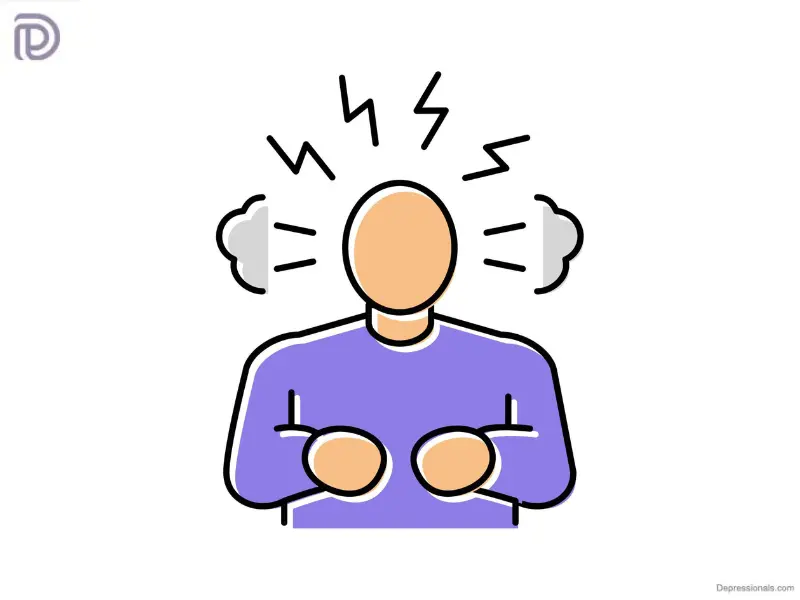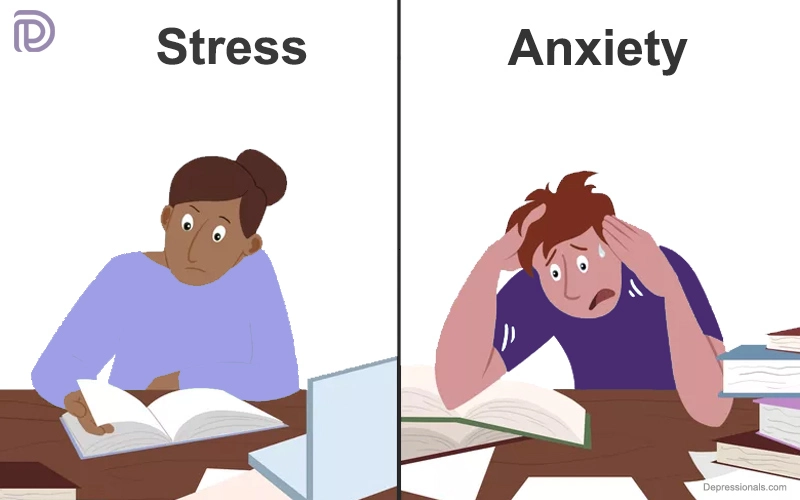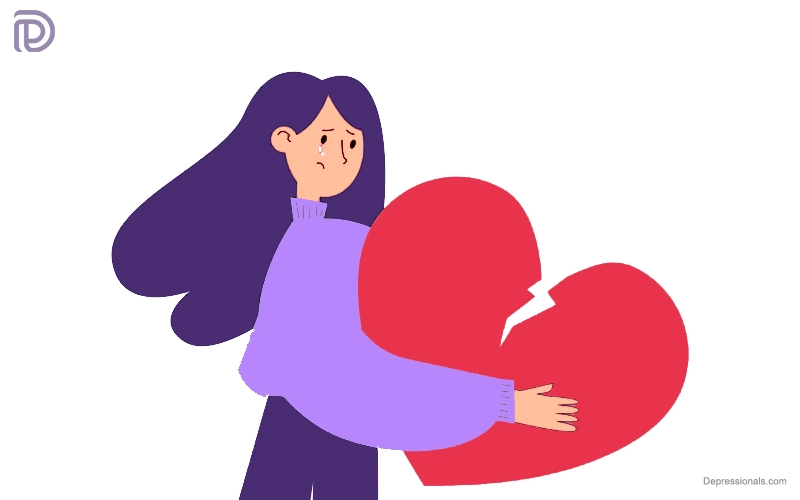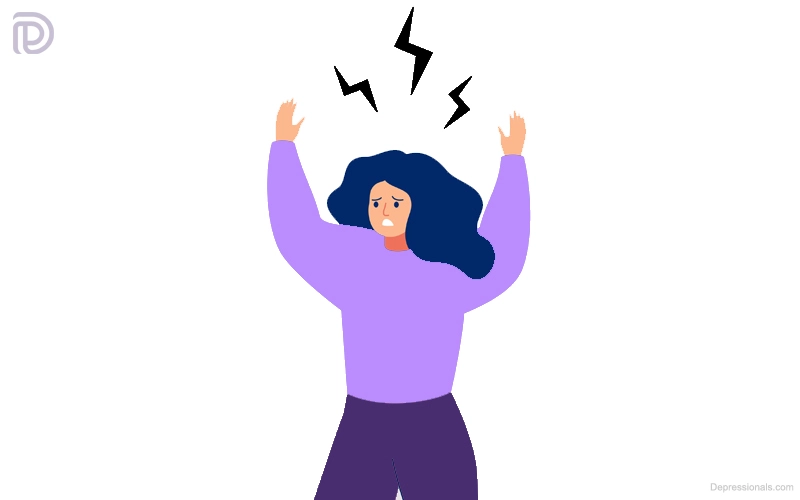Irritability is a common emotional response to stress, frustration, or discomfort. It is a feeling of agitation or annoyance that can affect a person’s mood and behavior. While irritability is a normal part of human experience, it can become a problem if it is frequent or severe. This article will explore and discuss the causes, symptoms, and treatments of irritability.
Causes of Irritability
A number of variables, including biological, psychological, and environmental influences can trigger it. Some of the common causes of irritability include:
- Hormonal changes: Hormonal fluctuations can cause it in both men and women. This is particularly common during menopause, pregnancy, and menstruation.
- Sleep problems: Lack of sleep or poor quality sleep can make a person irritable and easily frustrated.
- Stress: Stressful events, such as work or family-related issues, can lead to it.
- Mental health conditions: Anxiety, depression, and other mental health conditions can cause it.
- Substance use: Alcohol and drugs can cause it, especially during withdrawal.
Symptoms of Irritability
It can manifest in many ways, depending on the person and the situation. Some common symptoms of irritability include:
- Mood swings: A person may feel angry or frustrated one moment and then calm the next.
- Physical symptoms: It can cause physical symptoms such as tense muscles, headaches, and fatigue.
- Behavior changes: A person may become more aggressive, argumentative, or impatient when they are irritable.
- Emotional changes: It can cause a person to feel anxious, sad, or depressed.
Treatments for Irritability
The treatment depends on the underlying cause. Here are some common treatments for irritability:
- Lifestyle changes: Getting enough sleep, exercising regularly, and practicing stress-reduction techniques like meditation or yoga can help reduce it.
- Medication: In some cases, medication may be prescribed to help treat the underlying cause of it. Antidepressants, anti-anxiety medications, and mood stabilizers may be used.
- Therapy: Talking with a mental health professional can help a person identify the root cause of their irritability and develop coping strategies.
- Self-care: Engaging in activities that bring joy and relaxation, such as reading, listening to music, or spending time in nature, can help reduce it.
- Support from loved ones: Having a supportive network of family and friends can help a person manage it and cope with stress.
Read: Economic Stress
Conclusion
Irritability is a common emotional response to stress and discomfort. While it is a normal part of human experience, it can become a problem if it is frequent or severe. Understanding the causes, symptoms, and treatments of irritability can help individuals manage this emotion and improve their quality of life. Suppose you are experiencing frequent or severe irritability. In that case, it is important to talk with a mental health professional to identify the underlying cause and develop a treatment plan that works for you.





